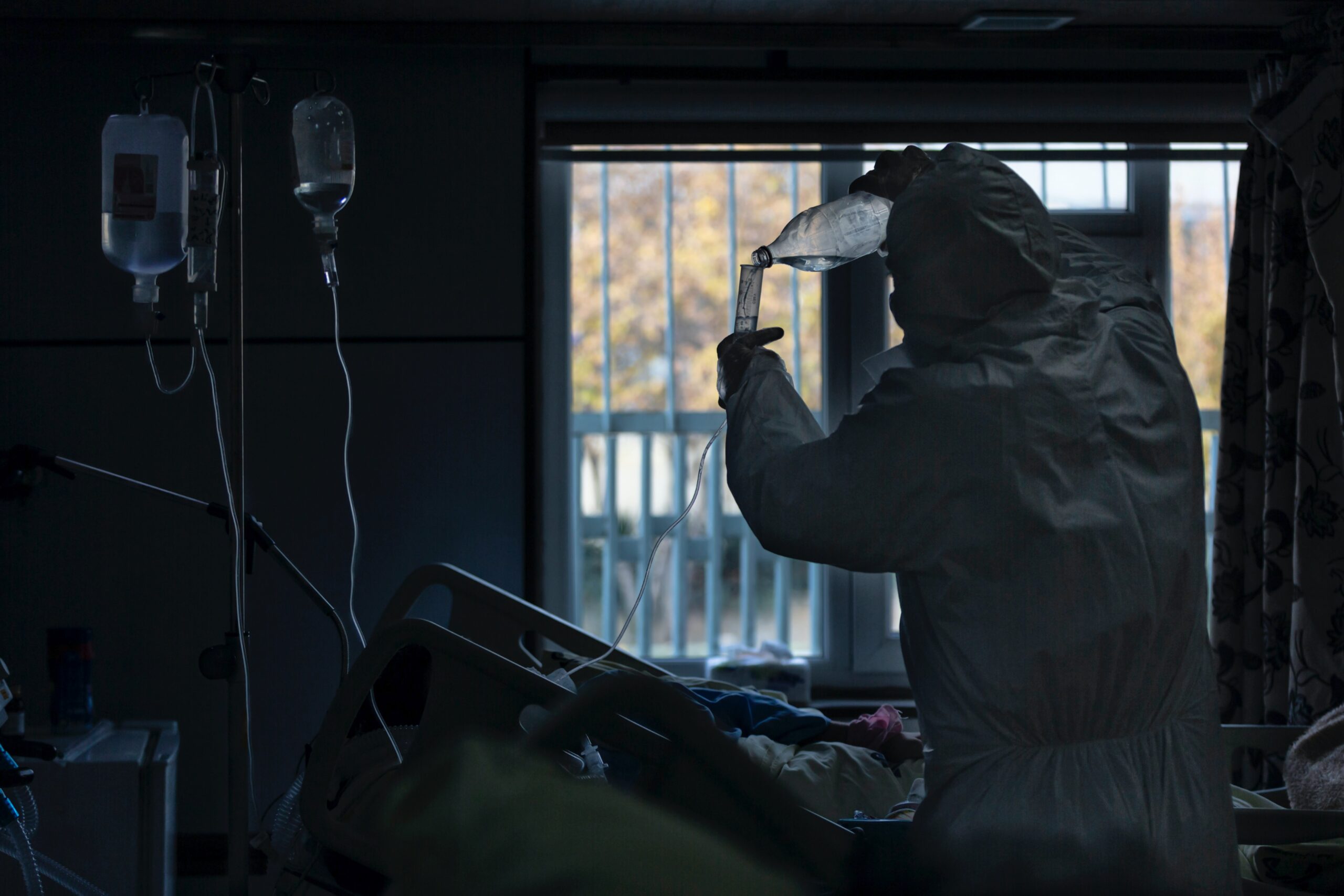The number of transmission of Covid-19 and the Omicron variant in Indonesia is recorded to be still in an increasing curve. However, the government still has no plans to pull the strict “emergency brake” on handling the pandemic.
This was conveyed by the Main Expert Staff of the Presidential Staff Office, Abraham Wirotomo. He said the government would not yet impose an emergency PPKM even though the number of Covid-19 cases, especially the Omicron variant, had increased significantly.
The reason why the government did not implement emergency PPKM is that the number of occupancy in hospitals is still sufficient, unlike the beginning of the 2020 pandemic.
“The latest weekly data shows that although the number of cases has increased significantly, the hospital utilization rate is still very under control. So the emergency brakes do not need to be pulled,” he said at the Bina Graha building, Jakarta, Tuesday (8/2).
He also mentioned that the government is now better at dealing with the pandemic despite the emergence of a new variant, Omicron. Now, the government always involves experts, controls data, and conducts scientific studies before deciding on policies related to dealing with the pandemic in Indonesia. This is what makes the government’s steps right on target and for the time being, there is no need to apply emergency PPKM.
He took the example of the government’s in-depth study of the Omicron variant, where the speed of spread is very high but the severity is mild. For this reason, the self-isolation policy is prioritized for those with mild or asymptomatic symptoms. They don’t have to come to the hospital.
With the self-isolation policy for patients with mild and asymptomatic symptoms, the hospital bed occupancy rate can be maintained stable, not overloud like last year.
“We prioritize hospitals for the elderly or those with comorbidities. This is clear evidence of the government’s readiness to face Omicron,” he said.
Furthermore, regarding the PPKM level, Abraham also ensured that the PPKM level changes were adjusted to the assessment of each region. Refers to additional indicators of hospital bed occupancy and vaccination achievement.
“The President’s direction in the PPKM evaluation meeting yesterday (Monday, 7/2), vaccination achievements must continue to be improved and health protocols must be more disciplined,” he explained.

























